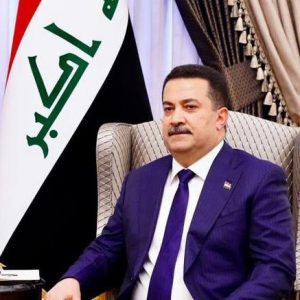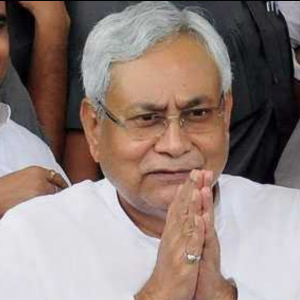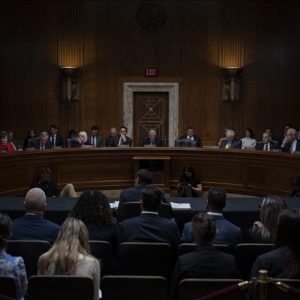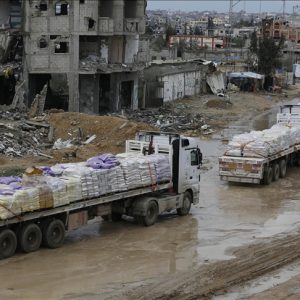Mauritania bars accused ex-president from leaving country
Nouakchott, Mauritania (AFP):
Mauritania’s ex-president Mohamed Ould Abdel Aziz, who faces a trial for alleged corruption, said on Thursday that he had been barred from travelling abroad.
He went to the airport to travel on Wednesday but “was prevented from doing so by the political police, which said it had received instructions”, he said on Facebook.
The police acted “even though I am not subject to any judicial controls or any other measure that may forbid me to travel”, he added.
Abdel Aziz, who came to power in a coup in 2008, stepped down in 2019 after two presidential terms and was succeeded by a former general, Mohamed Ould Ghazouani.
He and 11 other figures from his former regime have been charged for suspected corruption, money laundering and illicit enrichment.
Their trial is due to start on January 25, according to a judicial source.
“Just two days ago, a person who was on the same list as me was able to travel,” Abdel Aziz said in a video posted on his Facebook page.
“It seems that I am being singled out for ill-treatment by this dishonest system, which is leading the country to disaster.”
A senior gendarmerie official, speaking on condition of anonymity, said Abdel Aziz’s passport was also confiscated on Wednesday.
Government spokesman Nany Ould Chrougha earlier Wednesday had told reporters that Abdel Aziz’s behaviour aimed to influence the case against him.
The case is about Mauritania’s oil revenues during his presidency, the sale of state assets, the winding up of a public company in charge of food supplies and the activities of a Chinese fishing company.
Abdel Aziz was charged in March 2021. He was placed in custody three months later for allegedly breaching bail and disturbing public order, but was released in January 2022 for health reasons.
Fellow defendants in the case include one of his sons-in-law, two former prime ministers and several ex-ministers and businessmen.
Abdel Aziz says he is the victim of score-settling by rivals. He argues that he has immunity from prosecution under the constitution.








